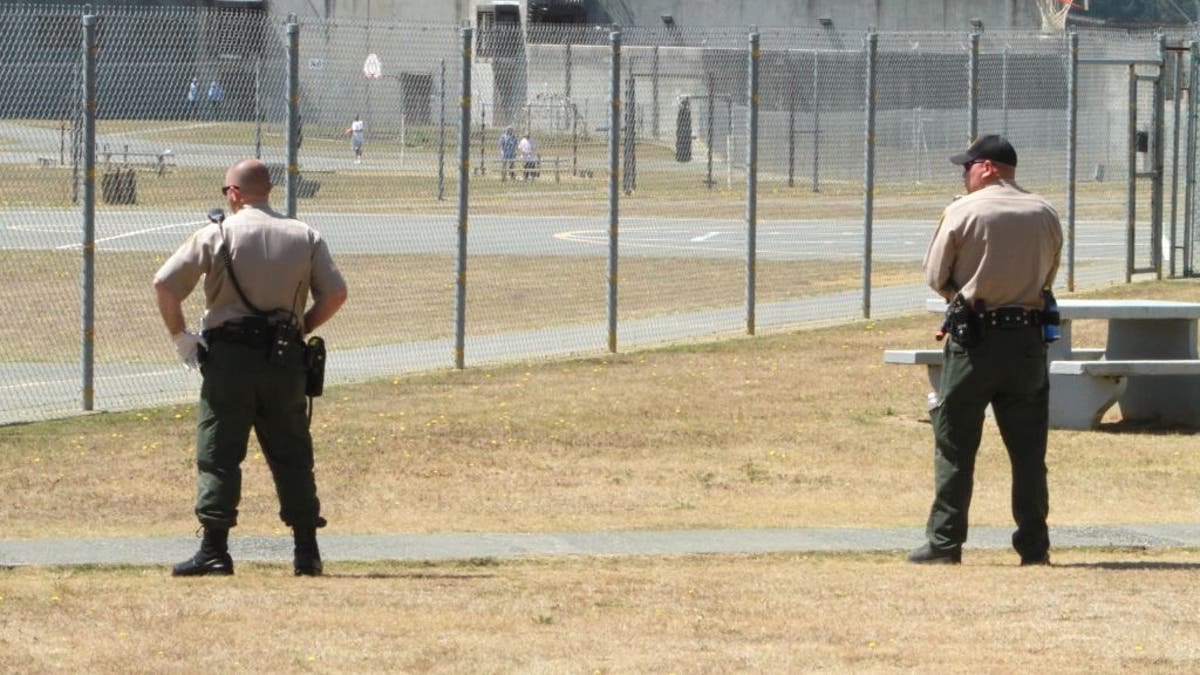
Pelican Bay State Prison. (AP Photo/Rich Pedroncelli, file)
President Ronald Reagan once famously said, “The nine most terrifying words in the English language are: I’m from the government and I’m here to help.”
No one could have seen it at the time, but we now know that, with respect to our justice system, truer words were never spoken. In 1994, then-President Bill Clinton signed into law a “tough on crime” bill that contributed to the explosion of the federal prison population. What’s worse, the legislation bestowed federal dollars to states that built more prisons and passed laws to put more people behind bars for longer sentences.
The result? We now spend $80 billion a year to incarcerate or jail more than 2.2 million people, many of whom, because of their prison sentence, cannot find jobs or housing when they leave prison. So they return to crime and return to prison. We keep throwing good, hard earned, tax payer money after bad, and public safety continues to be neglected.
While Washington may have contributed to damaging this system, it is the states that are working to fix it.
We support efforts in our states to safely reduce prison populations and the astronomical cost to our taxpayers, while simultaneously lowering crime and recidivism rates. We urge our fellow governors who haven’t done so already – as well as Congress – to follow our lead.
We are all governors of states that are leading the way. We believe in personal responsibility, government accountability, curbing government overreach and strengthening families. For this reason, we support efforts in our states to safely reduce prison populations and the astronomical cost to our taxpayers, while simultaneously lowering crime and recidivism rates. We urge our fellow governors who haven’t done so already – as well as Congress – to follow our lead.
Prior to reforms, the prison population of Georgia was projected to grow 8 percent within five years, costing taxpayers an additional $264 million. Two rounds of sweeping reforms have helped decrease the Peach State’s prison population by 5 percent while crime continues to decline.
A similar problem plagued Oklahoma. Faced with a state prison system where almost 27,000 inmates filled the facilities to 112 percent of capacity, one-half of them imprisoned for nonviolent or drug crimes, the state enacted four measures that will begin to relieve the overcrowding. Oklahoma is united in making sure those who harm our communities will be held accountable, while at the same time believing in the power of redemption for those who have earned a second chance.
Meanwhile, Kentucky recently passed a felony expungement bill giving non-violent offenders who have paid their debt to society an opportunity to wipe their records clean, opening doors to employment, further education and a chance to be assimilated back into society. The Bluegrass State also just announced a diverse 23-member Criminal Justice Policy Assessment Council comprised of prosecutors and judges, state lawmakers, business and faith leaders to conduct a thorough review of the justice system and propose legislation that will create a smarter, stronger, fairer, and less costly system.
These three states join many others, including Alabama, Kansas, Mississippi, North Carolina, Ohio, South Dakota, Texas, and Utah in adopting justice reforms that are smart, but not soft, on crime.
Given the success of reforms such as these, members of the Republican National Committee unanimously adopted a groundbreaking resolution in support of justice reform. Additionally, delegates to the convention in Cleveland are invited to a screening of a short film that follows the three of us on our journey to reform our state justice systems, which we hope will inspire a movement across the country. After the screening, we will share why we are so committed to justice reform, afterwards taking uncensored, unfiltered questions from the press on this issue.
Too many people are spending too much time behind bars when they could be committing themselves to treatment programs, continuing their employment and supporting their families. For those who have paid their debt to society and are leaving prison, we must offer hope and an opportunity for redemption. While President Reagan had a healthy skepticism of government, he had a powerful belief in humanity:
“I know in my heart that man is good. That what is right will always eventually triumph. And there's purpose and worth to each and every life.”
We couldn’t have said it better ourselves.
Nathan Deal is governor of Georgia. Mary Fallin is governor of Oklahoma. Matt Bevin is governor of Kentucky. All are Republicans.
